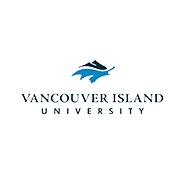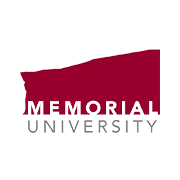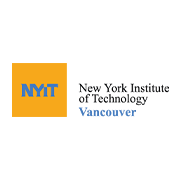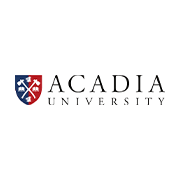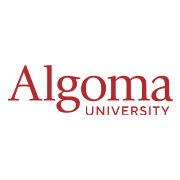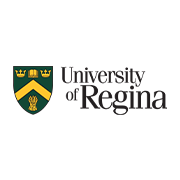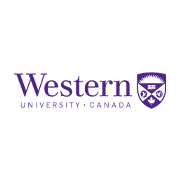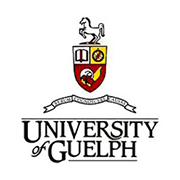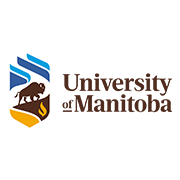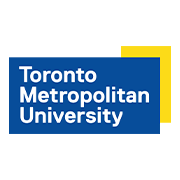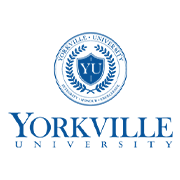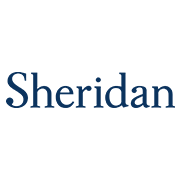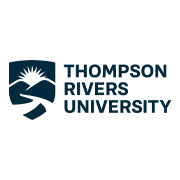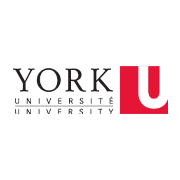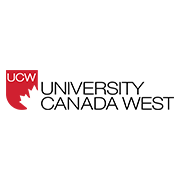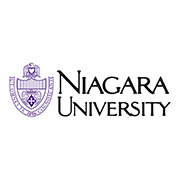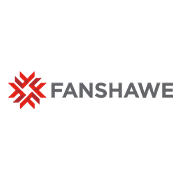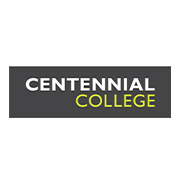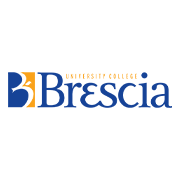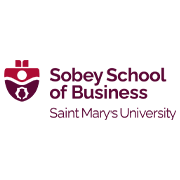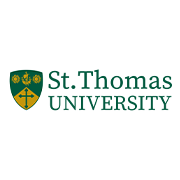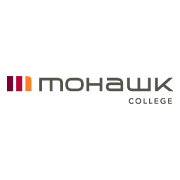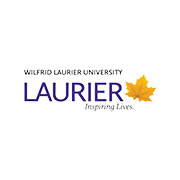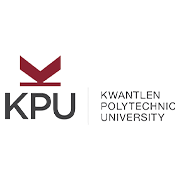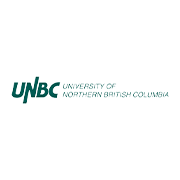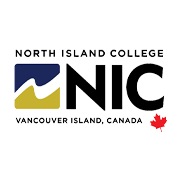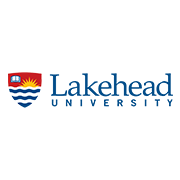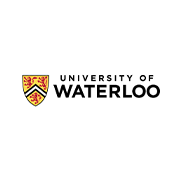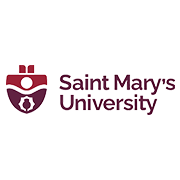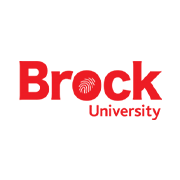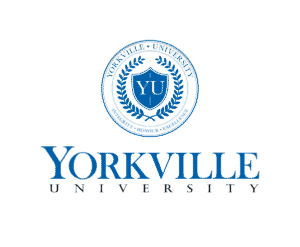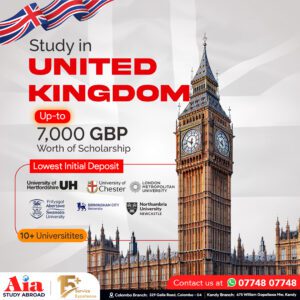Why Study in Canada?
Canada is a top destination for international students, offering globally recognized degrees, affordable tuition, and a welcoming multicultural environment. With an emphasis on research, innovation, and experiential learning, Canadian institutions are at the forefront of fields like engineering, healthcare, business, IT, and the arts. The country’s natural beauty, high quality of life, and post-study work opportunities make it a prime choice for students seeking academic excellence and career growth. AIA assists students throughout the process, from university selection and applications to visas and settling in

Key Facts to Study in the Canada
Language Spoken
English and French
Cost of Study
CAD 20,000 – 45,000 per year
Exams Required
IELTS, TOEFL, or PTE, Duolingo for English programs; TEF for French programs
Degrees
Diploma, Bachelor’s, Master’s, PhD, and Certificate Programs
Intakes
September (Fall), January (Winter), and May (Spring)
Best Cities
Toronto, Vancouver, Montreal, Calgary, and Ottawa
Our Partnered Canada Universities
AIA Study Abroad Partnered up with 50+ Canada Top ranked universities, to choose from
Scholarships
Students can reduce the financial burden with these scholarship opportunities:
Get Free Expert Assistance
| INTAKES AND DEADLINES | |
|---|---|
| September Intake (Fall) | Apply by December–March (previous year) |
| January Intake (Winter) | Apply by June–September |
| May Intake (Spring) | Apply by October–January |
AIA Holdings: Your Gateway to Canada
AIA Holdings, the Exclusive Partner of the Canadian University Applications Centre (CUAC) and its official branch in Sri Lanka, has over 25 years of excellence in assisting students achieve their dream of studying in Canada.
As a trusted name in education consultancy, AIA Holdings provides expert guidance throughout the application process, from choosing the right institution to securing your study permit.
About the Canadian University Applications Centre (CUAC)
Established in 1997, CUAC is a globally recognized organization specializing in Canadian higher education. It represents a network of premier universities across Canada, ensuring students receive accurate, up-to-date information and personalized support.
CUAC’s long-standing expertise and partnerships make it a reliable resource for international students.
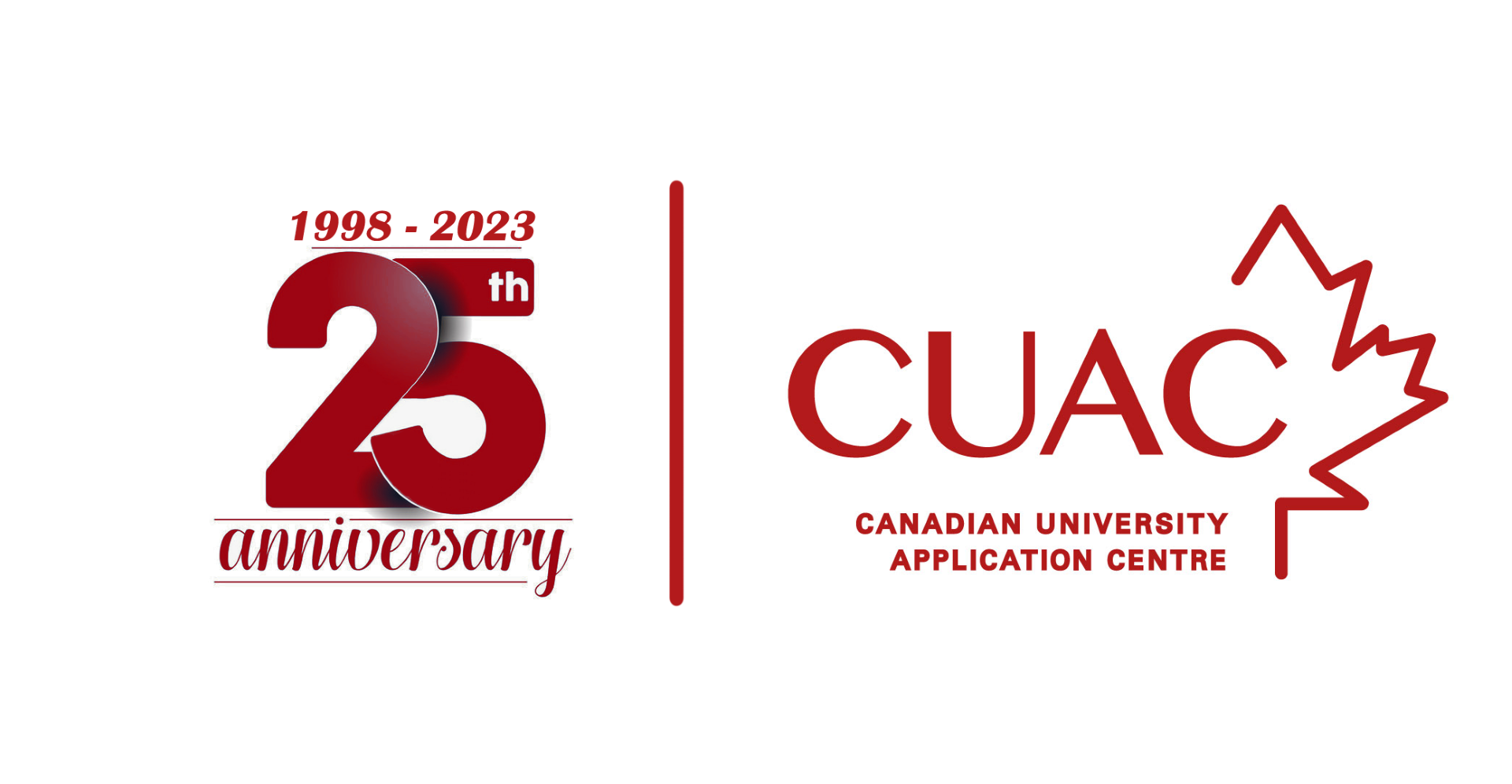
Cost of Study in Canada
Undergraduate Degrees:
Tuition fees range from CAD 20,000 – 35,000 per year for most programs
Postgraduate Degrees:
Tuition fees range fromCAD 25,000 – 45,000 per year
Toronto and Vancouver:
London: : CAD 1,500 – 2,500 per month for accommodation, food, and other expenses
Other Cities: CAD 1,200 – 1,800 per month
| Type of Expense | Cost(Annual Average) |
|---|---|
| Tuition Fees | CAD 20,000 – 45,000 |
| Accommodation | CAD 6,000 – 12,000 |
| Food and Groceries | CAD 3,000 – 5,000 |
| Transport | CAD 1,000 – 2,000 |
| Miscellaneous | CAD 2,000 – 4,000 |
Post-Study Work (PSW) and Job Opportunities
Canada offers generous post-study work opportunities, making it a preferred destination for Sri Lankan students seeking career growth
- 1. Post-Graduation Work Permit (PGWP):
International students who complete a program at a designated learning institution (DLI) can apply for a PGWP. The duration of the permit matches the length of the study program, up to 3 years. - 2. Pathway to Permanent Residency (PR):
PGWP holders may transition to PR through programs like the Express Entry or Provincial Nominee Program (PNP).

| Job Sector | Average Starting Salary |
|---|---|
| Information Technology | 50,000 – 90,000 |
| Engineering | 60,000 – 100,000 |
| Healthcare and Nursing | 55,000 – 80,000 |
| Business and Finance | 50,000 – 85,000 |
| Hospitality and Tourism | 40,000 – 60,000 |
| Creative Industries | 45,000 – 70,000 |
Documentation Requirements for Sri Lankan Students Applying to Study in Canada
Here’s a detailed list of the documents required for Sri Lankan students planning to study in Canada:
1. Academic Documents
- Certified Copies of Academic Transcripts (O/Ls, A/Ls, or equivalent)
- Degree Certificates (for postgraduate programs)
- Language Proficiency Test Results (e.g., IELTS, TOEFL, PTE Academic)
2. Passport
- Valid Passport (minimum six months’ validity beyond intended stay)
3. Proof of Admission
- Offer Letter or Acceptance Letter from a Designated Learning Institution (DLI) in Canada
4. Study Permit Application Documents
- Completed Study Permit Application Form (IMM 1294)
- Visa Application Fee Receipt
- Passport-Sized Photographs (as per Canadian visa specifications)
- Proof of Biometrics Fee Payment (if required)
5. Financial Proof
- Proof of Sufficient Funds to Cover Tuition Fees and Living Expenses (minimum CAD 10,000 per year)
- Examples:
- • Bank Statements (last six months)
- • GIC (Guaranteed Investment Certificate) from a participating financial institution (recommended under the Student Direct Stream, SDS)
- • Proof of Education Loan (if applicable)
- • Sponsorship Letter and Financial Proof from Sponsor
6. Statement of Purpose (SOP)
- Detailed Essay Explaining Study Plans, Career Goals, and Ties to Sri Lanka
7. Medical Examination
- Proof of Medical Examination by an IRCC-Approved Panel Physician
8. Police Clearance Certificate (PCC)
- Issued by Sri Lankan authorities to confirm a clean criminal record
9. Proof of Tuition Fee Payment
- Receipt or Confirmation of Fee Payment for the First Year of Study
10. Additional Documents (if applicable)
- Marriage Certificate (if applying with a spouse)
- Birth Certificate (if required by the institution)
- Work Experience Certificates (for postgraduate applicants or if relevant to the course)
Visa Processing Time
• Student Direct Stream (SDS): 20 calendar days (for eligible applicants with
GIC and IELTS score of 6.0 or higher in all bands)
• Regular Stream: 4–12 weeks
Before Submission
- Ensure all documents are in English or French (translated and certified if required).
- Verify document-specific requirements for your chosen institution and Canadian province.
- Make copies of all documents for your records.
FAQs – Canada
Popular courses include Business, Engineering, Information Technology, Healthcare, and Hospitality Management. Canadian universities also offer flexible programs and co-op options for hands-on experience.
You need an admission letter, proof of funds, a valid passport, medical clearance, police report, and proof of English proficiency (IELTS/PTE core). Apply online via the IRCC portal.
Yes, you can work up to 20 hours per week during the semester and full-time during breaks. On-campus and off-campus job opportunities are available.
Canada offers a Post-Graduation Work Permit (PGWP) for up to 2 years, allowing you to gain work experience and eventually apply for permanent residency.
